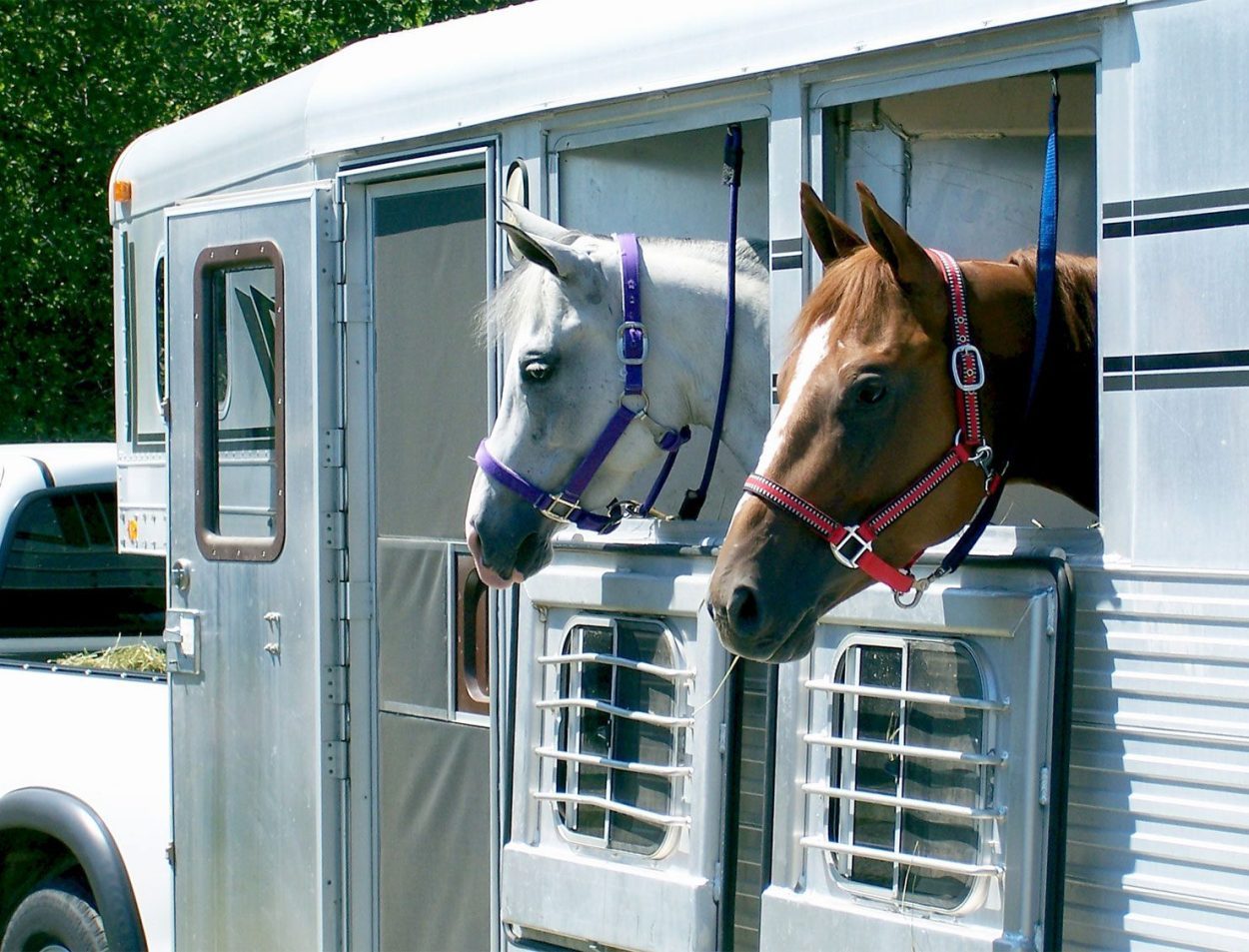Lexington, Ky. (Feb. 21, 2013) – Before travel season begins, it is critically important for horse owners to perform basic, yet essential, maintenance on their trailers. USRider, the national...

Lexington, Ky. (Feb. 21, 2013) – Before travel season begins, it is critically important for horse owners to perform basic, yet essential, maintenance on their trailers. USRider, the national provider of emergency roadside assistance for horse owners, reminds equestrians to invest time doing routine preventive trailer maintenance. This is time well spent as it will ensure that trailers are in optimal shape to provide safe travel for precious cargo.
“A good roadside assistance program is something all horse owners should have, but hope they will never have to use,” says Bill Riss, General Manager for USRider. “To that end, our mission is to continually educate horse owners about trailering safety.”
To provide a reliable and accessible source of information about trailering safety, USRider maintains an Equine Trailer Safety Area on its website, www.usrider.org. The safety information is developed with input from numerous equine travel and safety experts.
“We have carefully developed this area to be a resource with helpful and practical topics – all free and available to Members and non-members alike,” added Riss. “Our website is designed so visitors can print information as a handy reference. In addition, we are continually posting safety bulletins as new information is released.”
Examples of the information available at www.usrider.org include a list of items every horse trailer should have on board, short trip and long trip precautions, and trailer inspection procedures.
“Horse owners can put these tips to work and greatly reduce the chances that they will be stranded on the side of the highway,” said Riss.
With the upcoming trailering season, USRider shares some of the helpful tips from its Equine Travel Safety Area (www.usrider.org/safety.html):
In addition to these recommendations, USRider advises horse owners to check all trailer tires (including spares) for signs of dry rot, correct air pressure, faulty air valves, uneven tire wear, overall tire wear and damage. USRider recommends investing in a high-quality air pressure gauge – learn how to use it – and inspect tire pressure before each trip. Always replace tires if worn or damaged. In addition, trailer tires should be replaced every three to five years regardless of mileage. When replacing tires, always replace the valve stems. USRider recommends that only high quality tires specifically designed and rated for trailers be used – never use retread or automobile tires on a horse trailer.
It is also important to service the wheel bearings every 12,000 miles, or annually, regardless of mileage due to moisture build-up. Keep a spare set of wheel bearings in your trailer in case of premature failure. Be sure to inspect trailer wiring and lighting; inspect door latches and grease the doors; inspect the floor (be sure to remove any rubber mats so the entire floor can be examined); and inspect and lubricate mechanical moving parts, such as the hitch and suspension parts. If the trailer has been sitting for a while, check for wasp nests, spider webs and any other creatures.
Riss also reminds equestrians to check the contents of their equine and human first aid kits. “Any depleted and out-of-date items should be replaced,” he said. A list of recommended items for first aid kits is posted on the USRider website.
USRider advises horse owners to use ICE, which stands for In Case of Emergency. This important initiative was designed to aid emergency responders in identifying victims and determining who needs to be notified. Implementing ICE is easy. Program your emergency contact information into your cellular phone and designate it with the acronym ICE.
Horse owners should also ensure that their emergency contact information is stored in their tow vehicle. To facilitate this, USRider has developed an In Case of Emergency form and posted it online for horse owners to print. Simply fill in the blanks and store the paper in the tow vehicle as well as in the trailer.


"*" indicates required fields